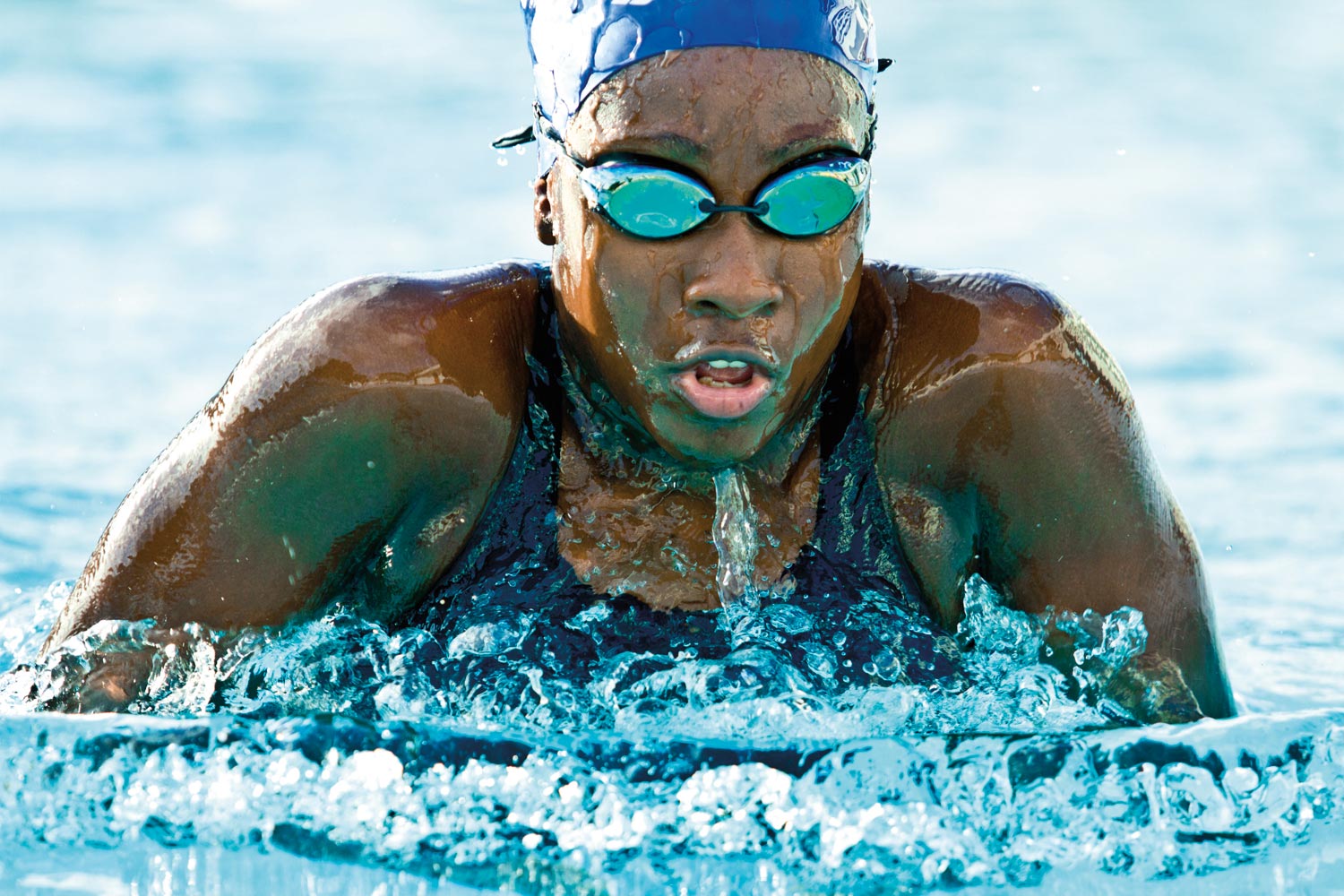Cuba and Jamaica have been the big Caribbean players in the Paralympic Games for athletes with physical disabilities, which are held right after the Olympics (this year from August 29 to September 9).
Cuba made a belated debut at the Paralympics, first sending a team to the Games in 1992.
But it made an immediate impact, capturing three gold medals, three silver and three bronze in Barcelona, to emerge as the Caribbean’s top team. That trend has continued: the Cubans have accumulated 22 gold medals, 13 silver and 18 bronze for a grand total of 53 in the five Summer Paralympics staged between 1992 and 2008.
The Jamaicans began participating much earlier, in 1968, and have taken part in all but one Games since then (in 1976, they supported a boycott of the Toronto Games on account of South Africa’s participation). In ten Paralympic outings, Jamaica has earned 20 gold medals, 16 silver and 18 bronze.
Suzanne Harris-Henry, the general secretary of the Jamaica Paralympic Association, is confident that Jamaica will add to its total of 54 medals this year. “Probably four medals in London,” she thinks, “possibly Javon Campbell, Shane Hudson, Alphanso Cunningham and Tanto Campbell.”
Tanto Campbell was Jamaica’s only medallist at the last Games in Beijing: he earned bronze in the men’s discus F55-56 event, to add to the discus F56 bronze which he won in Athens in 2004.
Campbell was born with congenital deformities of his arms and legs: both legs were amputated. Harris-Henry, who will travel to London as manager of the Jamaica Paralympic team, explains that though Campbell has “lobster-claw” hands, he has “enough fingers to grasp the discus”.
The Cubans enjoyed their largest medal haul at the Beijing Games in 2008: a total of 14 medals – five gold, three silver and six bronze. Yunidis Castillo captured the women’s sprint double in the T46 category for arm amputees.
There were gold medals too for visually impaired Luis Manuel Galano (in the men’s 400 metres T13), wheelchair field athlete Leonardo Díaz (men’s discus F55-56), and judoka Isao Cruz (men’s 81kg).
Antigua and Barbuda appears for the first time at this year’s Paralympics, in the shape of sprinter Jamol Pilgrim, who has qualifed for the 100m and 200m. Pilgrim was a promising track and field athlete before a car accident in 2009 resulted in a leg amputation, and could do well in London.
Trinidad and Tobago will make a return to the Paralympics in London after an absence of 24 years. At its first appearance, in New York in 1984, the late Rachael Marshall grabbed two gold medals – for the women’s shot put and javelin – and a bronze in the pool, for the women’s 100 metres freestyle. There were no medals for Trinidad and Tobago at the 1988 Paralympics in Seoul.
Kenneth McKell, president of the Trinidad and Tobago Paralympic Committee, says the country will be represented in London by visually impaired thrower Carlos Greene and swimmer Shanntol Ince (both sponsored by bpTT), a double bronze medallist at the 2011 Parapan American Games in Guadalajara, Mexico. “Given her intense training and the nature of the professional support provided, she cannot be ruled out of medalling.”
McKell is also president of the recently formed Caribbean Association of National Paralympic Committees. “At both the local and regional level,” he says, “the vision is that at some point in the near future we will be able to host our own regional Paralympic Games.” With dedication, commitment and perseverance from all “stakeholders”, McKell believes that athletes with disabilities can be provided with “all the prerequisites” they would need to perform and progress.






















